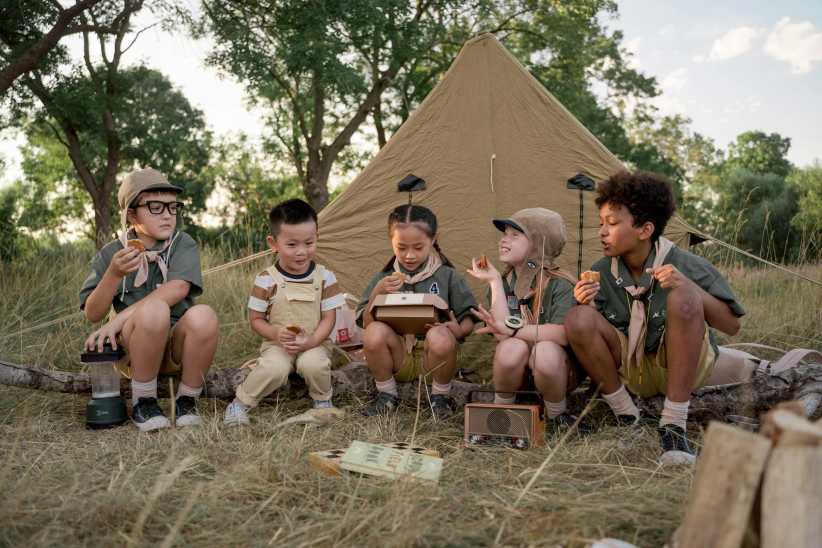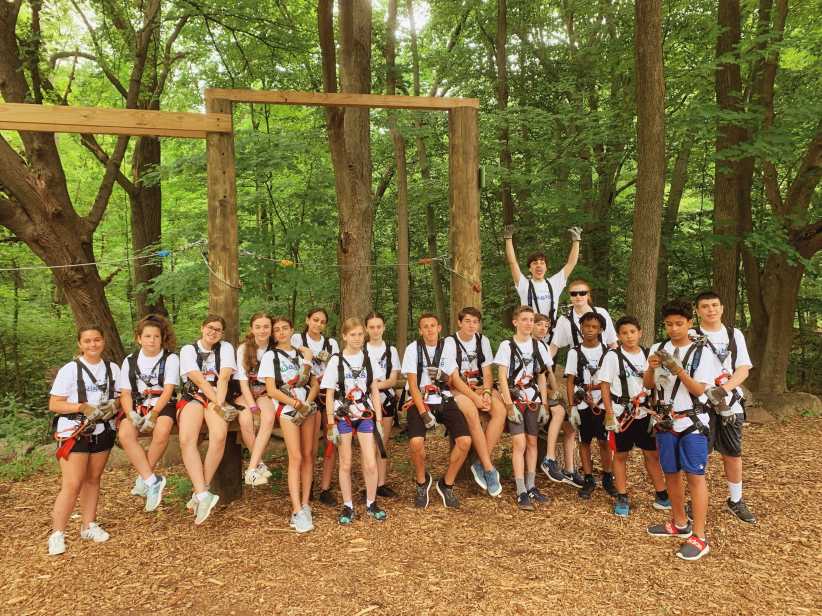
Parents have waited all summer for visiting day. The date has been circled on the calendar, since the kids boarded the bus. And while this is an exciting moment for families, parents should keep in mind that each camp has their own guidelines, which they should be sure to read. Here, the American Camp Association, New York and New Jersey offers families some general tips for having a successful experience.
Do: Arrive on time.
Do: Read your camp’s policies on bringing outside food to camp. Some camps have campers with severe food allergies and don’t allow outside food on camp grounds.
Do: Limit the amount of food you bring to camp on visiting day if your camp allows it. Many camps will only allow your child to keep the food until the end of the day or only one day after visiting day, so excess food is wasteful.
Do: Participate in activities that the camp has arranged for the day. Adam Weinstein, director of Berkshire Hills Emanuel Camps, a coed residential summer camp in the southern Berkshire Mountains of New York, says: “Camp will nurture your child’s independence. Keep that momentum going on visiting day. While at camp, be a true visitor. Let your child be the host throughout the day and participate in the activities the camp has planned.”
Do: Respect the no tipping staff policy if the camp has one.
Do: Follow the camp’s policy on bunk gifts. If your camp doesn’t allow them, respect the rule.
Don’t: Take your child off camp grounds if the policy is to stay at camp.
[gravityform id=”17″ title=”false” description=”false” ajax=”true”]
Don’t: Tell your child about all the things they are missing at home while they are at camp. This can make a child feel homesick after you leave.
Don’t: Bring banned items, which can include cell phones, iPads, Game Boys, and cameras that record video.
Don’t: Make pick-up deals with your child. Put the camp timeframe in perspective for your child if you sense he or she is missing home. Let them know you are confident that staying at camp will be a great experience.
Don’t: Bring numerous people to camp. The purpose of visiting day is to spend time with your child and to see your child in the camp environment.
Don’t: Bring very young infants or toddlers if you think the day will be too long for them.
Don’t: Bring pets if that is the camp policy.
Don’t: Overstay your welcome. “While visiting day should be a great day for everyone, it’s not uncommon for some campers to begin to feel homesick as the day comes to a close,” says Josh Corpuel, director of Camp Wayne for Boys, a resident camp in Preston Park, PA. “This is a very normal feeling and parents’ prompt departure at the end of the day will enable campers to make a smooth transition back into the camp program. Parting may be difficult, but in almost every instance, campers who are upset adjust within minutes after parents depart.”















